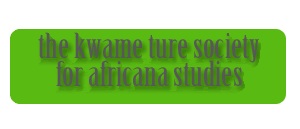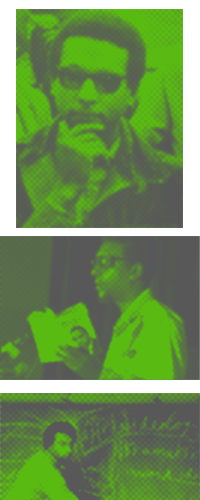What is the nature of language? Are language and the divine somehow linked? In an attempt to even begin to explore this question, it is important, here at least, to trace language back to antiquity and make a case starting with, ironically, the word theology.
The dictionary defines theology as “the field of study and analysis that treats god and God’s attributes and relations to the universe; study of divine things or religious truth; divinity. The actual word theology comes from the Greek words theos and logos, where theos translates to divine or God and logos translates to intelligent speech. In other words, theology can be understood as divine speech. Ironically, the language of the Kemetic people, Medew Netcher, translates directly to English as divine speech. It is safe to assume that Kemetic people predate the Greeks by at least a few thousand years therefore, if there are borrowed terms it was done so by the Greeks.
The people of Kemet, which is a part of ancient Africa (today known as Egypt), conceptualized speech as the expression of thinking, and thinking itself, for humankind. Dr. Carruthers, in his book Intellectual Warfare asserts, “To understand this epistemology, reflect on the process of thinking. Once you start speaking, whatever your thoughts before you started speaking, you can not [sic] go back to that any more and get a grasp on things. This is one of the reasons most people cannot remember things that happened before they were two or three years old. Once you start speaking, you think in speech.”
The power, in this conceptualization of speech, is that it begins to address questions regarding language and culture as it relates to the mind. For instance, if an African speaks seven languages, what language does she dream in? In thinking about this theoretically, we can begin to see the power of language.
Dr. Na’im Akbar, in an essay entitled Cultural Expressions of African Personality, postulates that African people in America may use profanity because of European languages, namely English, lack of emotion expressed by its words. Akbar claims, “Rather bland words such as “wow”, “gee”, “golly” etc. are woefully inadequate for the highly charged life of being African in America.” If any or all of this is taken as true, an alternative to expressing ourselves colorlessly, Africans (at home and abroad) should begin to learn African languages.
African languages, in general, not only have the expressional prowess necessary for the African vernacular but it also will allow Africans to tap into the memory that we have lost consciously but still exhibit behaviorally. Ngugi Wa Thiong’o, in his book Something Torn and New claims, “…he can reach out to his African memory only by making efforts to learn an African language…”. By reconnecting with an African language, not only will Africans tap into their immaculate memory, but we will also truly be able to reconnect with the divine and restore the power of our indigenous tongue rather than empowering our oppressor’s languages and, as a corollary, their thinking and conceptualization of the divine.
-Mike Leak
Kwame Speaks: The Power Of Language
0 commentsPosted by Kwame Ture at Friday, December 03, 2010
Subscribe to:
Posts (Atom)

